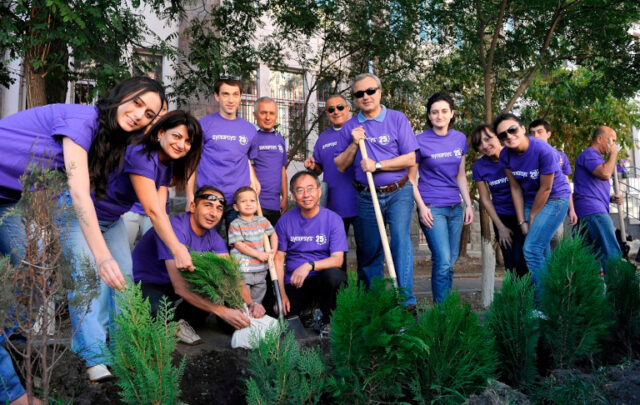If you’re someone who’s curious about the geopolitical implications of carbon fuel and the ecological havoc it wreaks, you’ve probably come across some of Richard Heinberg‘s work. This week on Sea Change Radio, we speak with this senior fellow at the Post Carbon Institute who has authored over 13 books and regularly ponders the past and future of humanity and the earth in his Museletter. We discuss the global debt crunch, the search for tight oil, and the concomitant acceleration of climate change. Heinberg also tells us his thoughts on negative emissions technologies and regenerative agriculture, and explains why he refers to the past ten years as “our bonus decade.”
Environment
Richard Heinberg on Our Bonus Decade
By Alex Wise, Richard Heinberg, originally published by Sea Change Radio
December 18, 2018

Alex Wise
Alex Wise is the host and executive producer of Sea Change Radio, a nationally-distributed interview-format radio show concerned with the advances being made toward a more environmentally sustainable world, economy, and future.
Tags: climate change, debt-based economies, tight oil
Related Articles
The Light in the Darkness
By Zia Gallina, The Subversive Farmer
I light the candles in the dark room as a pledge, to be honest with myself and truthful with others. To do no harm. To create a safe haven, a sanctuary. To stay present. To listen harder. To act with intention. To shine my own light into the darkness no matter how faint it might be.
December 20, 2024
Convivial Economics
I’ve no desire to make strong claims about what is achieved by serving mince pies to neighbours and strangers, but I will say that, from these humble, stumbling experiments in convivial economics, I am learning things that I would not have caught sight of, had I tried to do all my thinking through books and screens and the kind of conversations that come with footnotes
December 20, 2024
Guide to Climate Action in Your Local Community
By Cate Mingoya-LaFortune, The Observatory
As you continue along your journey in fighting against the climate crisis, use whatever resources or privileges you have not just to advance positive change but also to make sure those who that change will most impact are actively in the room and are being listened to.
December 19, 2024




